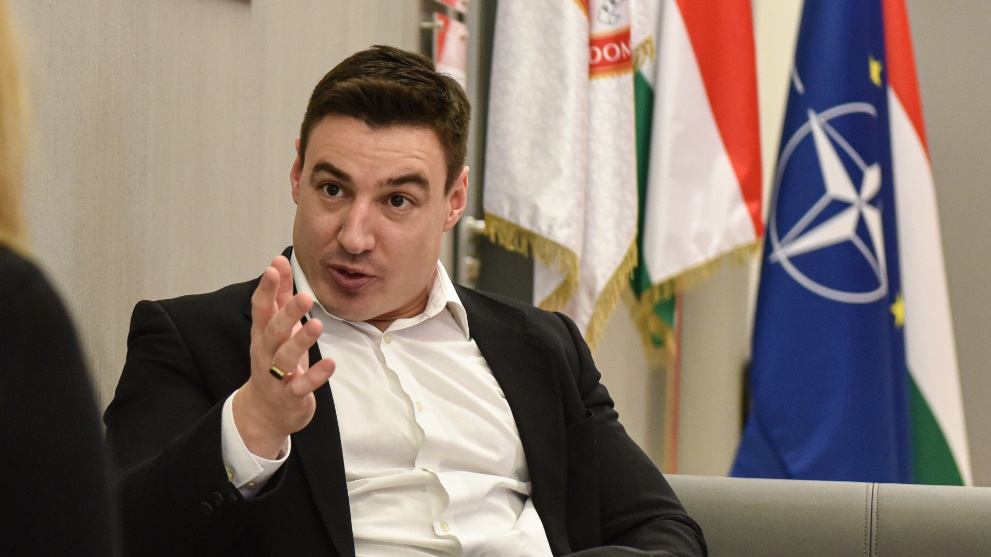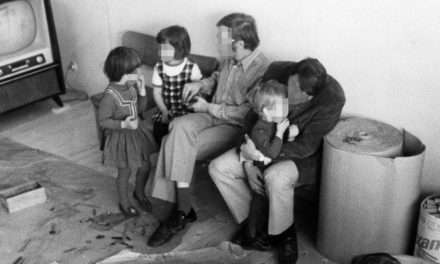Great power competition and spheres of interest are the elementary parts of the world order created by the disintegration of the hegemony of the USA. Why did Russia attack Ukraine?
Many people will answer this question in many different ways, but in relation to the situation, it is clear that in addition to military clashes, there is also a communication battle taking place on the international stage. After all, the Ukrainian, Russian, and American leadership present the events completely differently in the narrative of their own politics. Thus, there will be no agreement in the discussion about the justification, legitimacy, legitimacy and rationality of the war, since the parties will argue along different interests.
For some time yet, we will not be able to determine the direct, root cause of the attack, in the absence of knowledge of the complete picture. So much can be determined that somewhere
the Ukrainian leadership incorrectly assessed the expected consequences of its actions.
If, on the other hand, we look at the bigger picture and look for the underlying reasons, we see the authenticity of realist thinking emerging against different worldviews. Three important factors emerge that have been somewhat hidden until now. And the prominence of these factors suggests that the world has not yet properly adapted to the end of the United States' unipolar moment.
The United States' unipolar moment lasted from the breakup of the Soviet Union until 2014. The end is difficult to define precisely, but since 2014 was the year of the annexation of Crimea and the founding of the Asian Infrastructure and Investment Bank established by China, it can be dated here. A key feature of this period is that the USA, as the only great power, was able to determine the rules of the international system. But today, the distribution of international power has changed at the systemic level.
Both Russia and China have gained such power that we rather see a fragmented multipolar world order.
And according to realism, the rules of the game of such a world are already created by several people, in light of the international distribution of power. Major power rivalries and spheres of interest are essential parts of this world.
If we look at Ukraine, the country was basically under the influence of Russia during World War II. After World War. With the dissolution of the Soviet Union, a weakened Russia could not achieve more than to keep Kiev somewhere in the "intermediate" state and not completely escape the Russian sphere of interest. It was a delicate balance that included Ukraine starting a NATO partnership in 1992 and developing plans to join NATO in 2008, until it was implicitly clear to everyone that real accession was a "continuously "remaining" possibility only.
However, in the 2010s, Ukraine increasingly wanted to join the North Atlantic Treaty Organization led by the United States, which culminated in the 2019 addition of NATO to the Ukrainian constitutional framework. Russian thinking, which sees and has seen the world in terms of spheres of interest, considers it a vital national security interest that Ukraine does not completely fall out of its own sphere of interest. Instead, Ukraine probably focused on the fact that even in 2022, the United States will always proclaim that "we have left the age of spheres of interest behind us."
So the first factor was the lack of recognition that this
the "interest-free" worldview could only be successfully maintained by the USA as long as it was the sole ruler of the system
(looking at it differently, we did not experience a non-interest sphere, but a global American sphere of interest). In an era of great power competition, spheres of interest are realities, and while Ukraine may attempt to move fully into the US sphere of influence, this would require significant capabilities and power support, either on its own or from the US and other allies. Moscow, having the power to do so, will prevent this, even at the cost of war. In the course of history, other powerful states also acted in this way during the great power competition.
The second factor is the weakening of the norm of fixing borders. This rule of conduct between states is the XX. spread in the second half of the century. It was particularly noticeable in the unipolar moment of the USA. This norm meant that even if the power of a state increased or decreased significantly, its borders did not adjust accordingly.
Starting from the Russo-Ukrainian war, it seems that this norm did not spread and persisted because all states agreed with it, but rather because the hegemony of the USA undertook to maintain it.
Russia, which opposes American hegemony, does not want to maintain this standard at all costs.
This process has already started with the annexation of the Crimean peninsula, and may now culminate. Another great power that opposes American hegemony, China, and for Taiwan, we can also arrive at the Asian test of the same standard.
And the third factor is about the validity of certain legalities about the reality of power. One of the most famous military theorists, Clausewitz, defined the basic premise that the nature of war, not its character, changes over time. Based on a similar logic, we are now experiencing that only the character of power is changing, not its nature, despite the United States' claims to the contrary. And for Russia, an open military attack, after Moscow has failed to achieve its goal by other means, is only one of the available options and is not axiomatically excluded.
According to realism, the rules of international politics are basically written by the competition of great powers.
From this point of view, the power of the United States at the international level has decreased, but this decrease has not been accompanied by a change in the narratives represented by the United States and operating as a result of the US's position of power. We are now seeing the price of this in the Russian-Ukrainian war. According to realism, the word itself, even in its written form, is of little value in the world of international politics without the power to hold it.
Balázs Mártonffy is the director of the American Research Institute of the National Public Service University.
Source: Mandarin
Photo: Mandiner / Dénes Szilágyi













